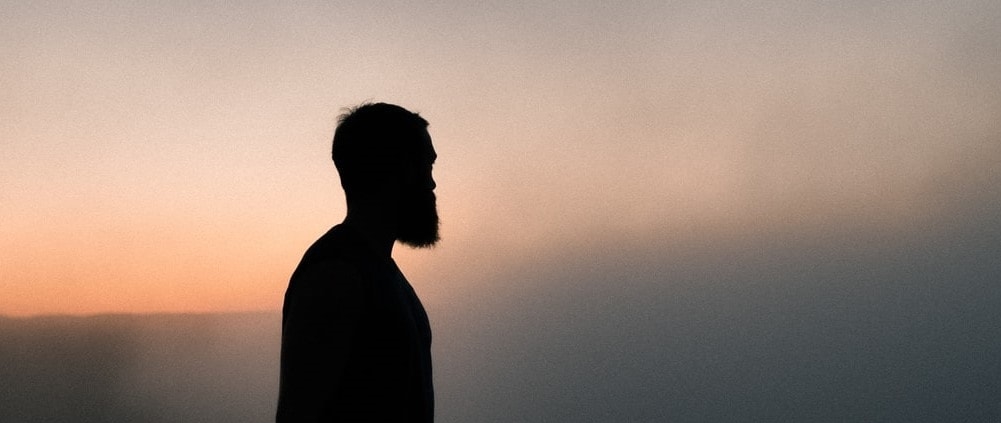Futuwwa And The Raw Idealism of Youth – Saad Razi Shaikh
How do we bring about change in light of the prophetic guidance? How do we raise the next generation of changemakers in our communities? A centuries-old Islamic tradition may just hold the answer.
During the last Ramadan, a late evening meal with a newly acquainted brother took a rather unsavoury turn. The food was good, the weather pleasant and our heads light. But as things had to go, our conversation drifted to politics, a topic best served separate from the meal.
The brother hails from a country which is unlikely to top the global HDI charts anytime soon. But while accepting the present malaise raging in his country, he added a quick clarification. He said his country is not poor, throw a few seeds in the soil and you’ll see the barakah sprouting through it. But that is what precisely enraged him, despite the land being blessed with so much, so little reached its people, who for most of the part remained impoverished, to be seen as sad broken stories from a third world country, nothing more.
Much preoccupied as I was with my food, I couldn’t help paying my full attention to the young man’s talk. At the end, he added in a slow mournful tone, these words:
“Everyone just thinks for themselves; no one thinks of the country. I want to go back and do something. Even if I get jailed or something, I must try. If many of us do so, things will definitely change.”
His words brought a smile to my face. Aah, the heady promise of youthful dreams! None but the young can be so naïve yet so determined. Of course, for the cynical, it is easy to dismiss the raging of the young as another headstrong kneejerk reaction to something that is far deeper and complex. But youth are the ones inheriting broken systems, it is out of sheet survival instinct that they often fight against it. Others, like crabs at the bottom of the barrel, are perhaps only too happy to let the new lot sink low too. Think of dipping real incomes, shooting college tuition fees, shrinking welfare systems, pathological surveillance governments, the sheet indifference of previous generation against institutionalised injustice and you get why the youth must protest.
It is the knowledge that the world is imperfect and the conviction that it can be made better that fuels youth activism. However, pure intentions and unlimited energy are not enough. If the youth do not have access to the traditional rites-of-passages, outlets for meaningful expressions, welcoming places of interactions, networks or tariqas that inculcate tarbiyah, it is possible that their youthful idealism may just give way to a nihilistic rage.
It is important then, to have institutions and practices that not only allow expressions of youth potential but also encourage and celebrate it. One such institution traditionally associated with Islamic civilization has been the concept of futuwwa.
It is as the Oxford Dictionary helpfully describes the ‘ideal of youthful manhood and chivalry based on the example of Ali ibn Abi Talib’ (Allah be pleased with him). It is, as the IHU webpage describes, ‘the institution which aimed to raise young generations and gave direction to the youth…based on the articulated thoughts inspired from Quran and Hadiths by the assembly of scholars, Sufis and noble traders.’
As any seasoned reader of social history knows, it is not enough to light the fire of a revolution, one also needs the moral framework and practical alternatives ready once the dust settles down. In the face of setbacks, one needs both guidance and long-term perspectives. One needs to avoid falling prey to interpreting everything in the light of the fleeting present. Institutions like futuwwa allows us this, to help us see a world beyond ourselves, to have an understanding of justice that is both this-worldly and next-worldly, to think beyond the ruling dogmas of the day, to regroup and rethink when the chips are down, to not succumb to despair, to understand reality in light of the Prophetic guidance, and above all, to make our short ephemeral stay in the dunya a means to draw closer to our Lord.
It is the perfume of youthful dreams, the slow interplay of beliefs and practices, that defines the trajectories of societies, even nations. It is the raw, perhaps even maniacal, charms of youthful idealism that help us dream of a better world. Who else but the truly young and the truly naïve would think of throwing away the existing in place of something completely new and untested? It is this leap of faith that moves a society, in either direction. It is the hands of the young that make it possible. And we owe it as a society to make those hands steady and stable.
RELEVANT COURSES
Seekers Youth Curriculum
https://seekersguidance.org/youth-curriculum/
Social Justice In The Islamic Tradition
Change Happens: The Qur’anic Principles for Justice and Social Change
Faith and Reliance on Allah: Ghazali’s Book of Divine Oneness and Trust Upon Allah Explained
